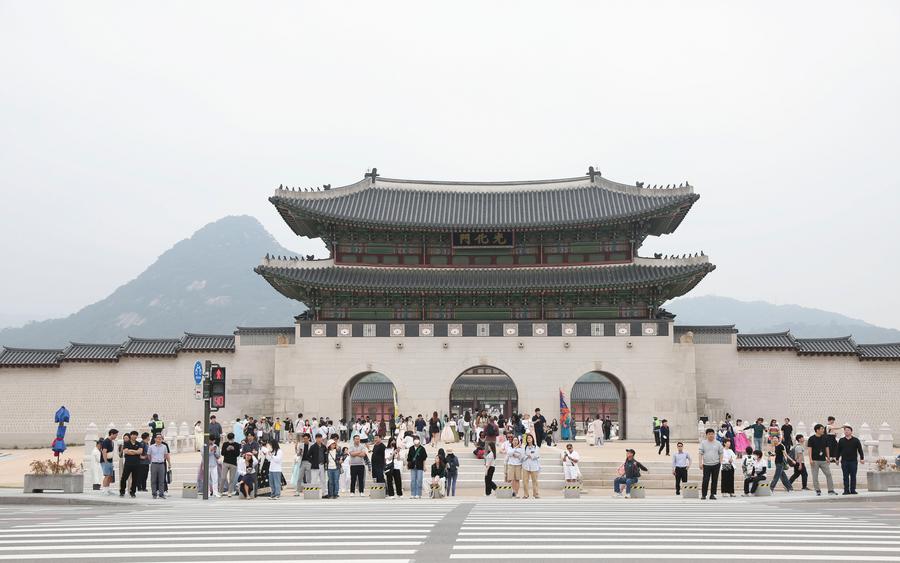ROK's foundation for compensation fatally flawed
BEIJING NEWS | Updated: 2024-05-31 07:05

Despite domestic opposition, Republic of Korea President Yoon Suk-yeol has pushed for setting up a government-backed foundation to compensate labor victims from the ROK who were exploited during World War II in an attempt to bypass the deadlock between Japan and the ROK over their colonial history and wartime culpability.
Japan and the United States played a behind-the-scenes role in this move. Shortly afterward, Yoon visited Japan, leading to a rapid warming of bilateral relations and the announcement of "significant progress" on a series of sensitive issues. However, on May 27, the head of the foundation said that the foundation lacks about 12 billion Korean won ($8.71 million) required for compensation and called for donations from Japanese companies.
The shortfall stems from a technical flaw in the "foundation mode". First, the mode does not hold the responsible Japanese companies and the Japanese government accountable. Once the mandatory legal obligation to pay is stripped away, it becomes difficult to make enterprises "voluntarily donate". Especially, given that the Japanese government and responsible companies are unwilling to take responsibility for the historical crimes.
Second, the foundation accepts voluntary donations from both Japanese and ROK companies. So if the contribution from ROK conglomerates is too small, the foundation relies too heavily on Japanese enterprises and risks running out of funds; if the contribution from ROK conglomerates is too large, domestic opponents will inevitably clamor that Koreans are compensating themselves.
When the foundation model was introduced in March 2023, it involved 15 plaintiffs, and so far, more than 2.5 billion Korean won has been paid to 11 plaintiffs and their relatives. However, since the end of 2023, the ROK's supreme court has issued several unfavorable rulings against Japanese companies. And now the overdue interest is estimated to exceed 9.5 billion Korean won. The foundation may exhaust its funds.
Further, the Yoon government has become a lame duck following the opposition party's victory in the parliamentary elections on April 10, while the unfavorable economic situation in ROK makes it hard to press ROK conglomerates to "voluntarily donate". The Yoon government might need to find another solution to the decades-old problem.
























